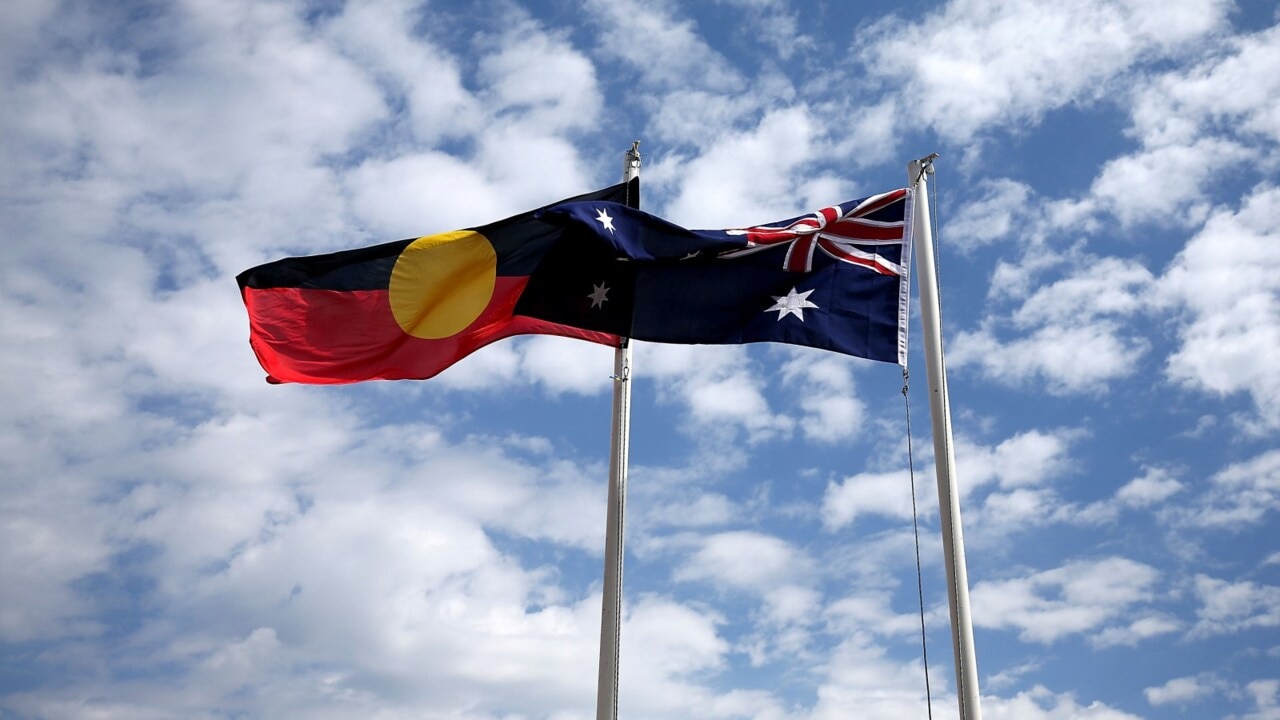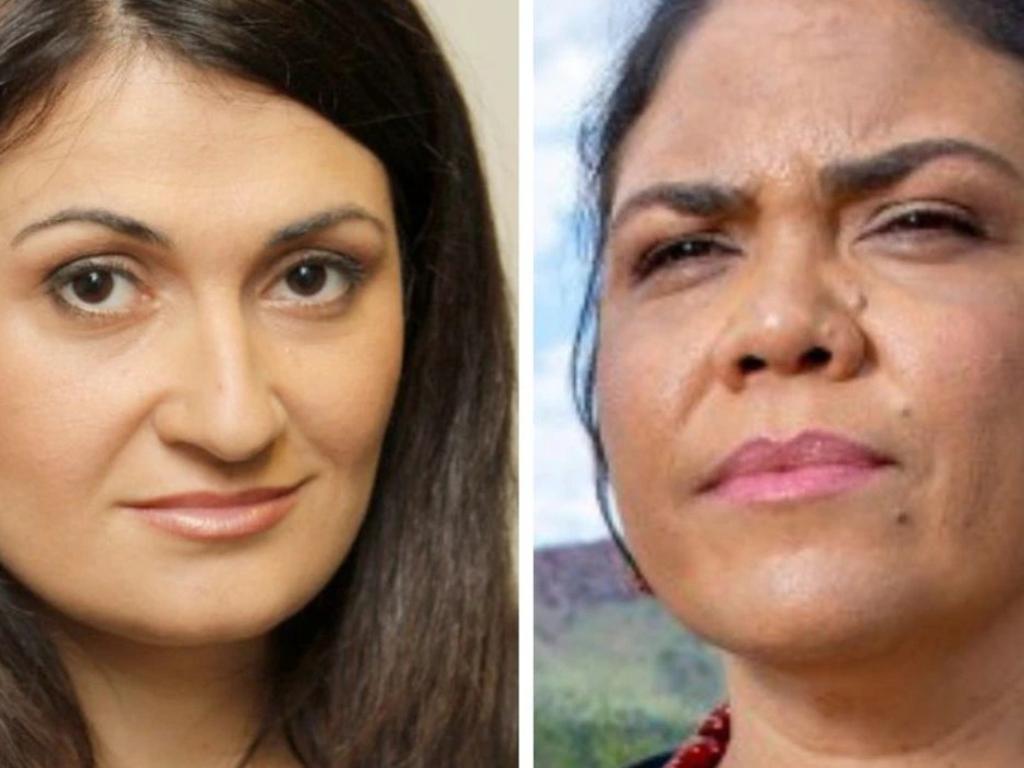Ex-BBC broadcaster Andrew Neil criticises ABC’s Q+A debate for lack of diversity on the Indigenous voice to parliament
Former BBC broadcaster Andrew Neil - who appeared on last week’s Q+A - has criticised the ABC for failing to have anyone on the panel who opposed the Indigenous voice to parliament.

Former BBC broadcaster Andrew Neil — who appeared on last week’s Q+A program — has criticised the ABC for failing to have anyone on the panel who opposed the Indigenous voice to parliament and said it was unacceptable that the public broadcaster did not hold a broader debate.
The former chief political interviewer appeared on Monday night’s program and sat alongside a pro-voice panel who aired their support for a yes vote for a voice to parliament at the country’s upcoming referendum.
Several days after the episode aired, Neil spoke of his concerns about the ABC program, telling a Centre for Independent Studies event in Sydney that the public broadcaster failed in its duty to ensure there was a diverse range of opinions on the show.
Neil explained to the think tank’s executive director Tom Switzer — who is also a presenter at ABC’s Radio National — that during his time at the BBC it would have never held such a lopsided discussion.
“I was quite surprised that given (Opposition Leader) Mr Dutton had created the conditions now for a proper debate in Australia about the voice that they didn’t have a major opponent of the voice on,” Neil said.
“That’s what the BBC would have done, we would have picked somebody that was taking the Dutton line and we would have had somebody who had taken the Albanese line.
“It’s the job of the anchor or the presenter not to take sides.”
Q+A is hosted by Stan Grant, who is Indigenous, and Neil appeared alongside four panellists including the University of Divinity’s head of School of Indigenous Studies Anne Pattel-Gray, Anglican Archbishop of Sydney Kanishka Raffel, WA Labor senator Fatima Payman and federal young Liberals president Dimitry Chugg-Palmer.
During the episode, Grant asked the British broadcaster about the state of the media to which Neil replied: “The days when the media tries to provide a broad spectrum of opinion and have a debate about it … where is the strong voice tonight in favour of voting against the voice?
“I haven’t seen it.
“Whereas a good debate would have at least one voice saying that.”
Despite Neil’s remarks, an ABC spokeswoman defended the Q+A panel and said: “There was a diverse range of voices on the panel. Q+A has included a wide range of perspectives on the issue of the voice, including people who support the proposition, those who oppose it.”
The ABC spokeswoman listed seven other panellists who had appeared on different Q+A episodes who all opposed the voice but none of them appeared as guests on the April 10 episode.
The Easter Monday episode also rated poorly — ratings firm OzTAM’s data showed it recorded is lowest-ever ratings in its 15-year history, drawing 149,000 viewers across the five major metropolitan cities.
Neil, who was a lead political interviewer at the BBC for 25 years until 2020, was former editor of Britain’s Sunday Times, former chairman of British news channel GB News and is chairman of Press Holdings Media Group which publishes magazines including Spectator Australia.
He has been visiting Australia this month and at the CIS event said he had serious concerns about democracies around the world for failing to allow fair debate to occur.
“We now are in a world where people don’t want to be challenged,” Neil said.
“The danger for democracies here and in other countries here, in Britain and in the UK is we are becoming atomised, we only read the papers and watch the TV shows or listen to the radio stations that reinforce what we already think.”
Under the ABC’s Code of Practice it states that the public broadcaster must aim to present a diverse range of opinions on topics presented.
The Australian recently revealed the ABC had taken the unprecedented step of reminding journalists they must be objective when reporting on the Indigenous voice to parliament ahead of the referendum that will be held later this year.
Staff were told in an email that the public broadcaster would hold a “deep-dive” session into “impartiality” and discuss “some knotty editorial policy issues” while setting out plans to ensure that reporters do not favour one view on the Indigenous voice to parliament.






To join the conversation, please log in. Don't have an account? Register
Join the conversation, you are commenting as Logout